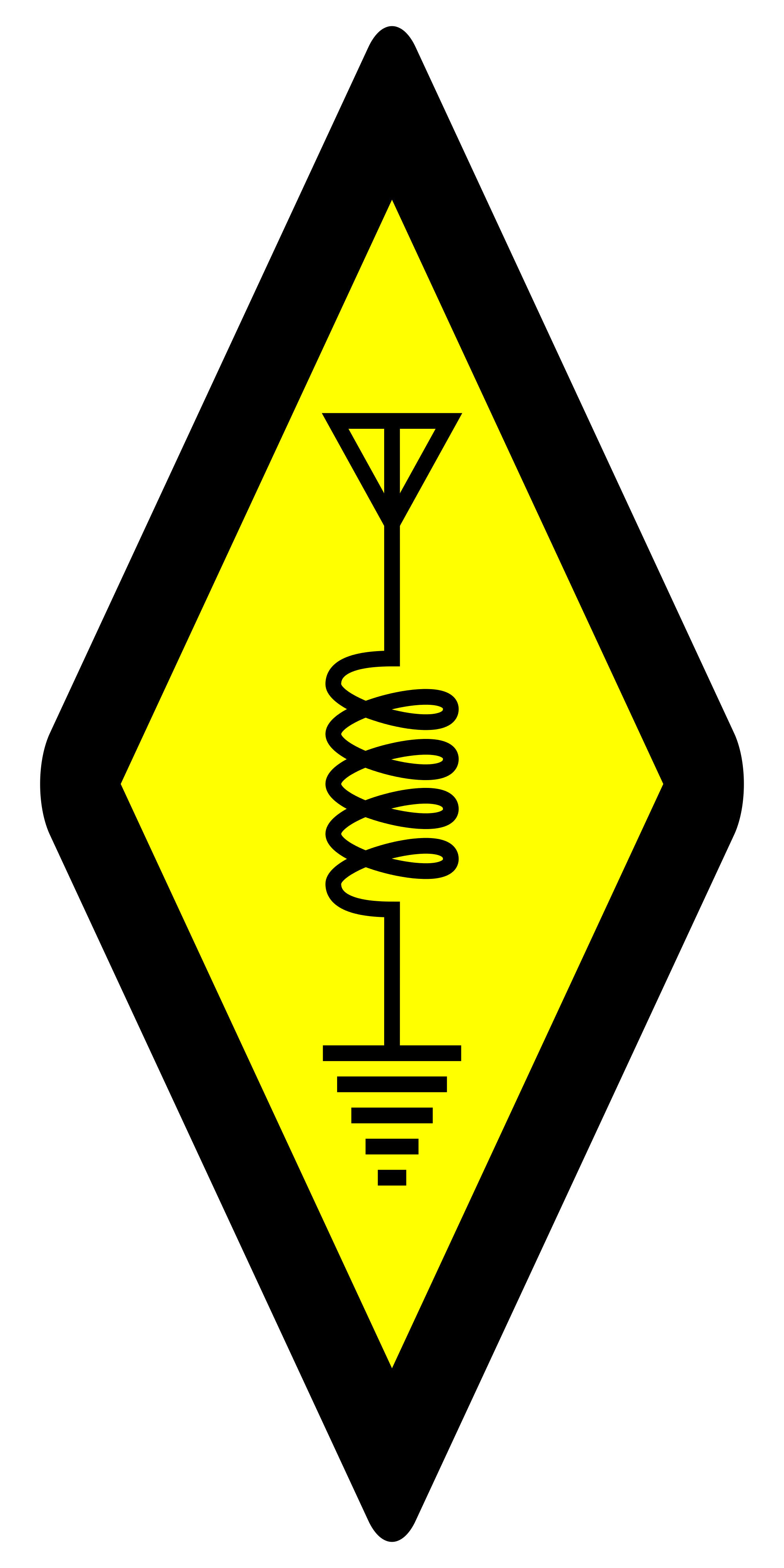The faster market information thing provides no actual benefit to anyone, it’ll just pollute the spectrum and maybe elevate the trading operations that were able to get licenses but ultimately it just puts everyone back where they are now because they’re all just competing to make faster trades.
If FTL comms arrived tomorrow they’d all spend unimaginable sums of money and then all be immediately back at parity again. At the end of the day this proposal just means we lose, they gain nothing (though the ones proposing this probably expect to be able to exclude at least some of the competition by virtue of the very limited bandwidth) and tons of investor money is wasted on nothing.
We need to move to a quantized trading system where trades are all settled every minute or so instead of this war over microseconds all as part of a needless zero sum game.
It does provide a benefit - but to the very greedy, very few. If there was ever parity, the bands would be filled with their greed noise.
Unfortunatly. As broardcast shortwave is dieing. It is obviose that someone will want the spectrum. And capatalism will mean money is the mostmlikely first jump.
Unfortunatly why fcc ofcom etx cannot manage the use as they do any other RF spectrum. Is more of a concern. I worry that this seems to only be submitted to one nation. Where the ITU is more sutible for HF communications.
It cannot be parity because, unlike the fiber Internet, it’s fundamentally limited by the HF spectrum and the cost of this type of operation. Most traders will not have this option and will get fleeced by those with the resources.
Until another company gets a license and does it themselves which will lead to more looking for licenses… until the band is useless trash filled with interference.
And we thought the woodpecker was bad.
I’m hoping the comments against this terrible are heard over the filthy lucre the “liquidity generators” are throwing at politicians.
The radio spectrum is a common good and needs to be regulated accordingly.
Agreed. This isn’t a responsible use of spectrum, unlike, say commercial shortwave broadcasting. This practice is purely about gaining a pay-for-play advantage in high frequency stock trading over traders that can “only” communicate across the country via fiber internet links. No net benefit, even for the stock traders, who will be hurt by this more often than they can take advantage of it. Sure, sell HF licenses to commercial users, but this is a bad idea.
Unfortunatly we will see more and more of this. As shortwave broardcasting dies. Of course others will look to use the bandwidth.
The risk is more these corporations will need to be managed to prevent other interference. While the world really is no longer funding the agencies to do so.
It is impossible to modernise th use without the orgs that ensure new users stay within bounds, having the time and funding to investigate users.
Increasingly, it really doesn’t need to die. Digital modes are available for enhanced AM which could provide shudder stereo and more.
Yeah. But seems no one is using them. I mean the main issue with digital modes will be selling new devices. But even then. New channels are not being released.
(edit meaning most existing shortwave recievers do not have support for such mods. Hams and expensive recievers tend to be it. Some more common units would need to be sold able to tune into HF. Not complex but not here now at everyday pricing.)
i was wondering a little while back about a few hams in multiple nations trying to run a shortwave station for fun. IE get a commercial licence and sell radio company advertising. While experienting with new modes. Would take sopme seriose work but I can see many people getting into it. If it was done from different nations at different times and bands. It could be interesting to the ham community as a whole.
That’s basically what shortwave pirates are. Usually former ham transceivers modified to transmit out of band. The cost of licensing and building a shortwave broadcast station are immense. And there’s the pesky problem of finding advertisers when the license scheme basically requires you to at least look like you are targeting non-domestic audiences. Hams have occasionally purchased time on existing transmitters when it’s cheap, but as far as “experimental modes” go, it would typically have to be something that can be modulated by an AM transmitter.
i was thinking a little more official.
The idea was just something that poped in my head a few months back. So far from thought out. Was just considering a way to make SWL more active (legally).
The idea was (relativly low power <2k) stations located in multiple nations. So to some extent licencing would be in each nation. Linked via the internet. So for many the US/UK/EU/japan are the destination. They would act as an interesting to listen to. Constant signal monitor. Hopefully pulling in new hams. Much as LW and MW radio did back in the day.
But it would also allow (ham based) advertisers (via some org) to target adds at the locations there customers are trying to hear.
As i say just an idea popped in to my head. (was sober honestly… I think). And of course it would take some serious effort to licence.
But outside the US these frequencies are not getting used much. And while such things would seem new. The idea is not far from existing low power community broardcast licences. As the multiple SW broadcast bands are well known to travel. Most nations licencing agencies would see the value. While the actual idea fits well into the ITU use model of the bands.
The bit most nations may hard to manage. Is allocation the same or similart frequencies from different nations. So the signal can move home without huge changes in frequency. Allowing easy find.
Well that and finding loads of folks interested in actually doing it. As I say. Just a thought.
I agree, a low power SWL license scheme would be fantastic. If you think you can convince your representative to advocate for it, go for it. Currently, even low power community FM is barely tolerated as a license class, and regulators tend to think of SWL as REQUIRING that the targeted audience be non-domestic.
I am a HAM (and a professional in the area) and this is another example of ARRL demonstrating a pretty alarming lack of technical understanding of the issue. The FCC plan will strictly enforce spectrum mask requirements for high power fixed installations like it does everywhere else. These transmitters will be the least likely to interfere with a properly configured adjacent band system. If they generate out of spec interference, it will be detected instantly, and the cause will easily be traced back to a fixed transmitter.
It’s actually a bit ironic that HAMs are constantly complaining about adjacent channel interference, because it’s something they know better than anyone. HAM equipment tends to be notoriously cheap and low quality, and their installations are often riddled with amateurish overconfidence which actually does result in serious interference issues you simply don’t see anywhere else.





